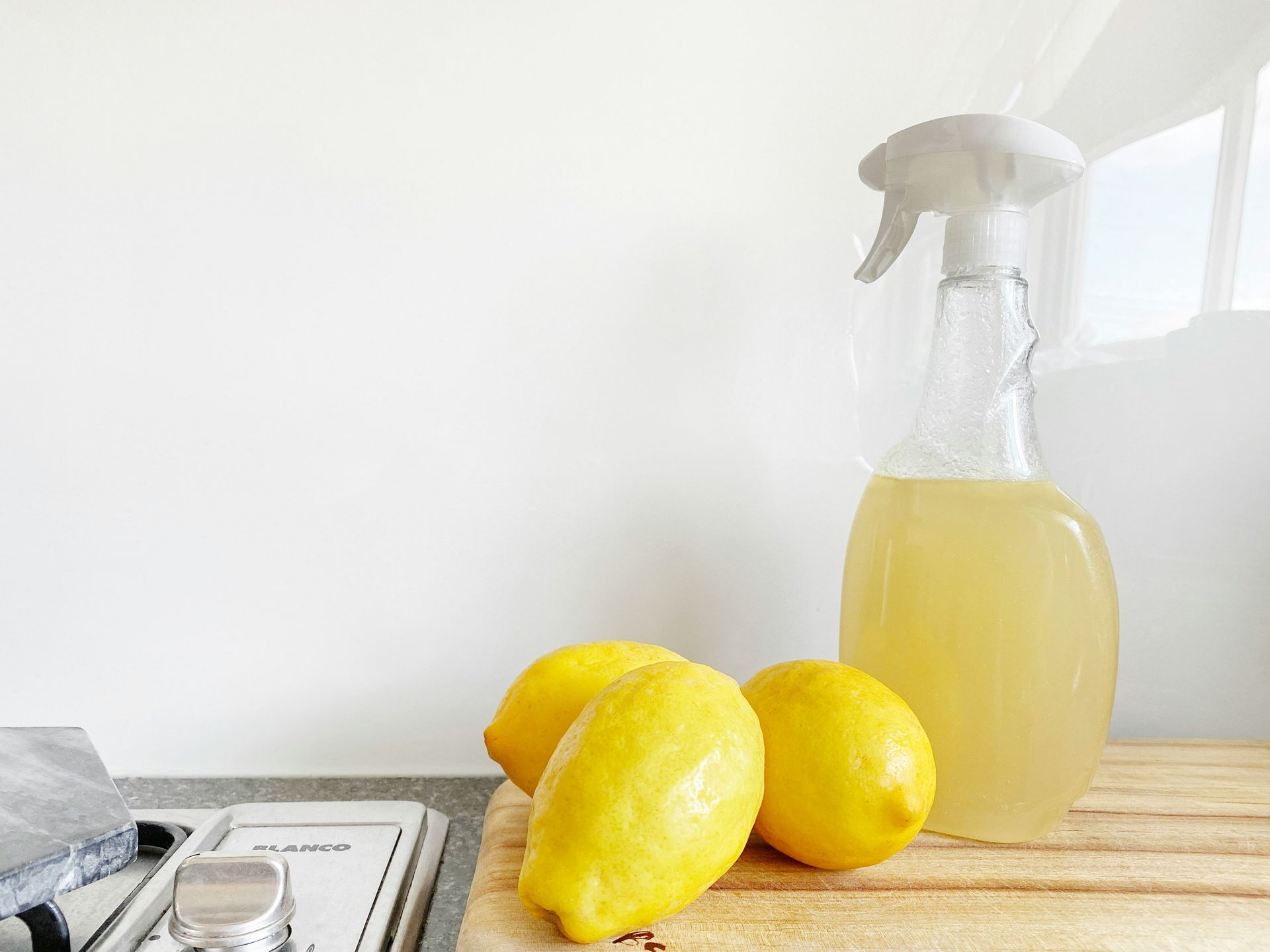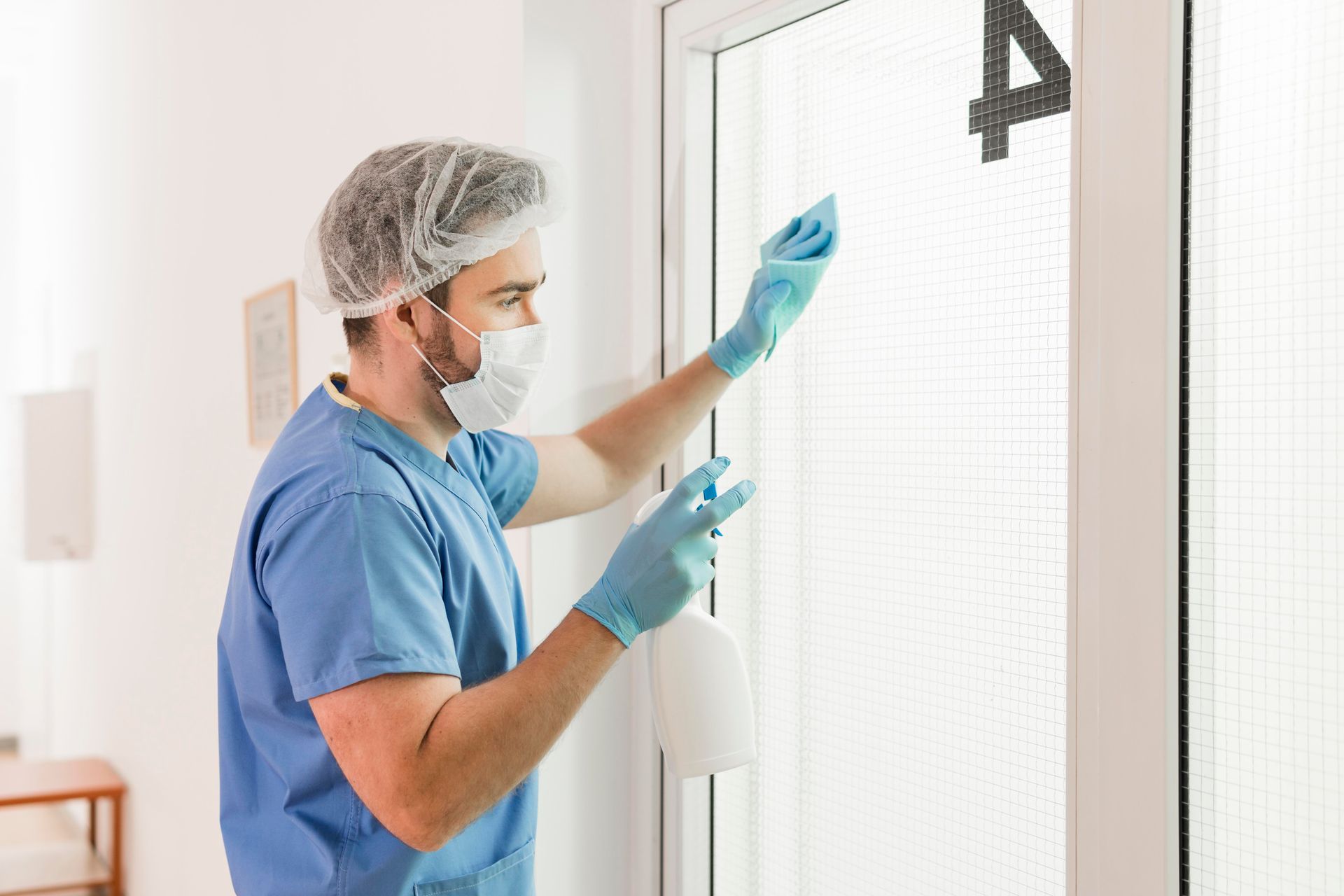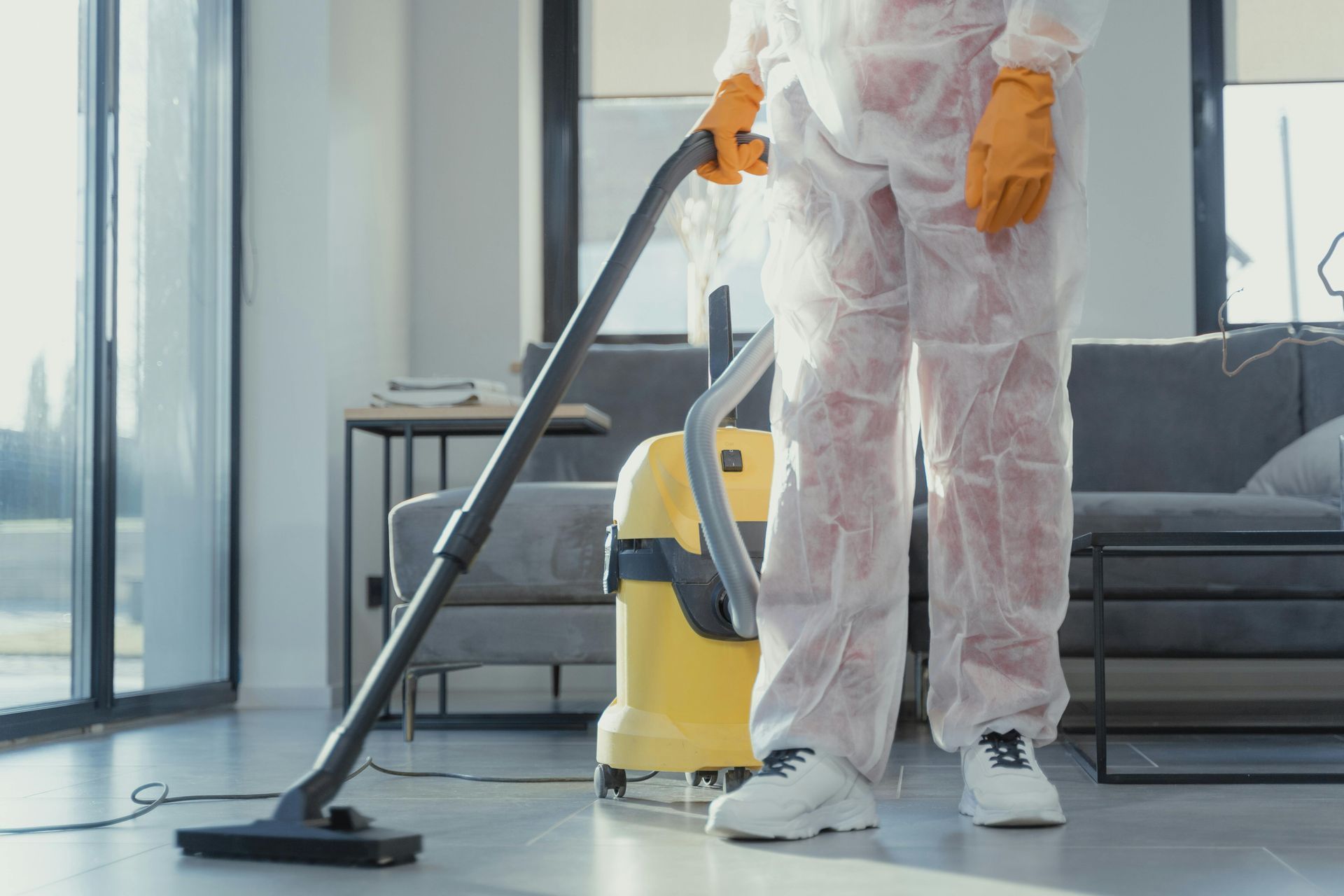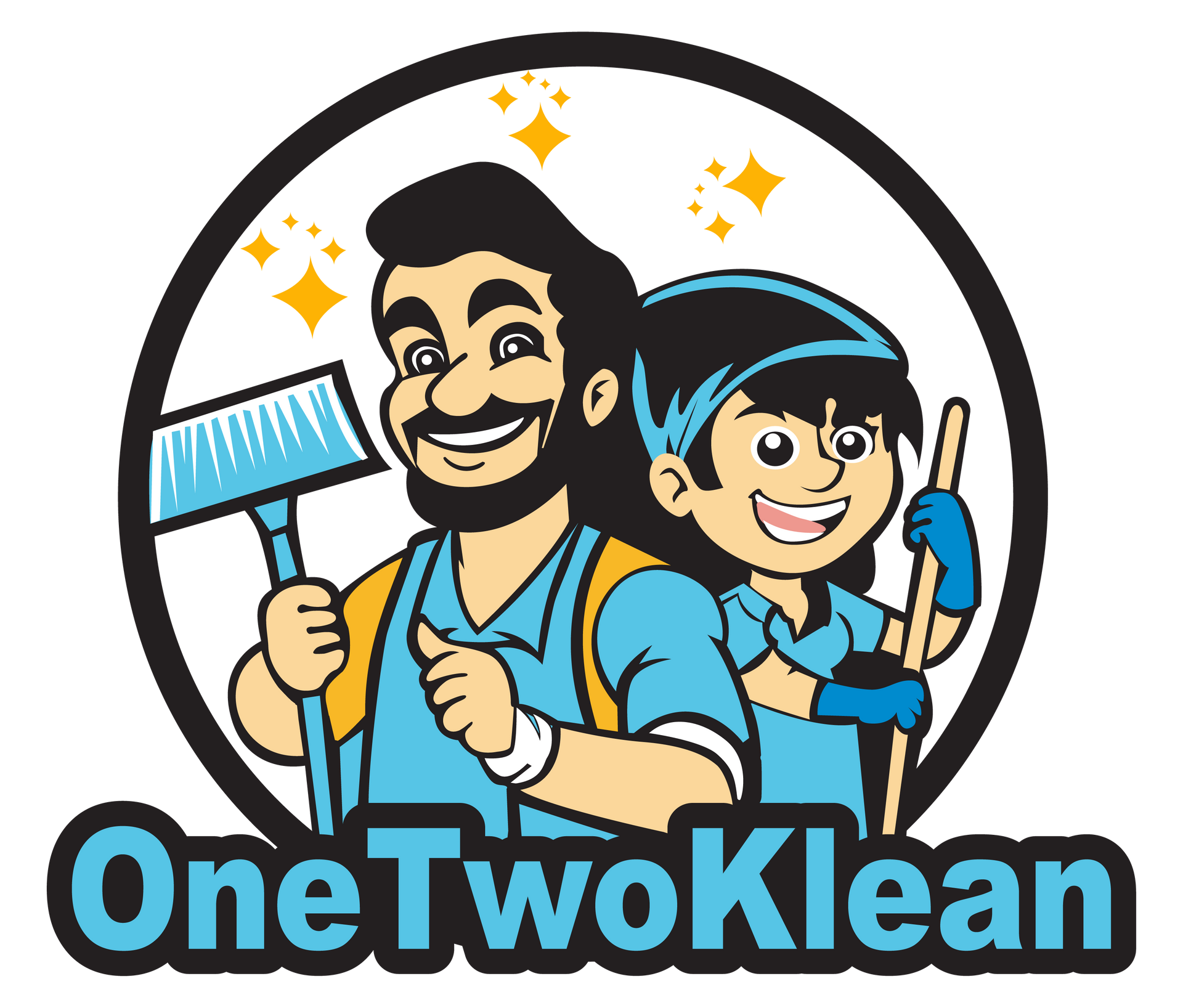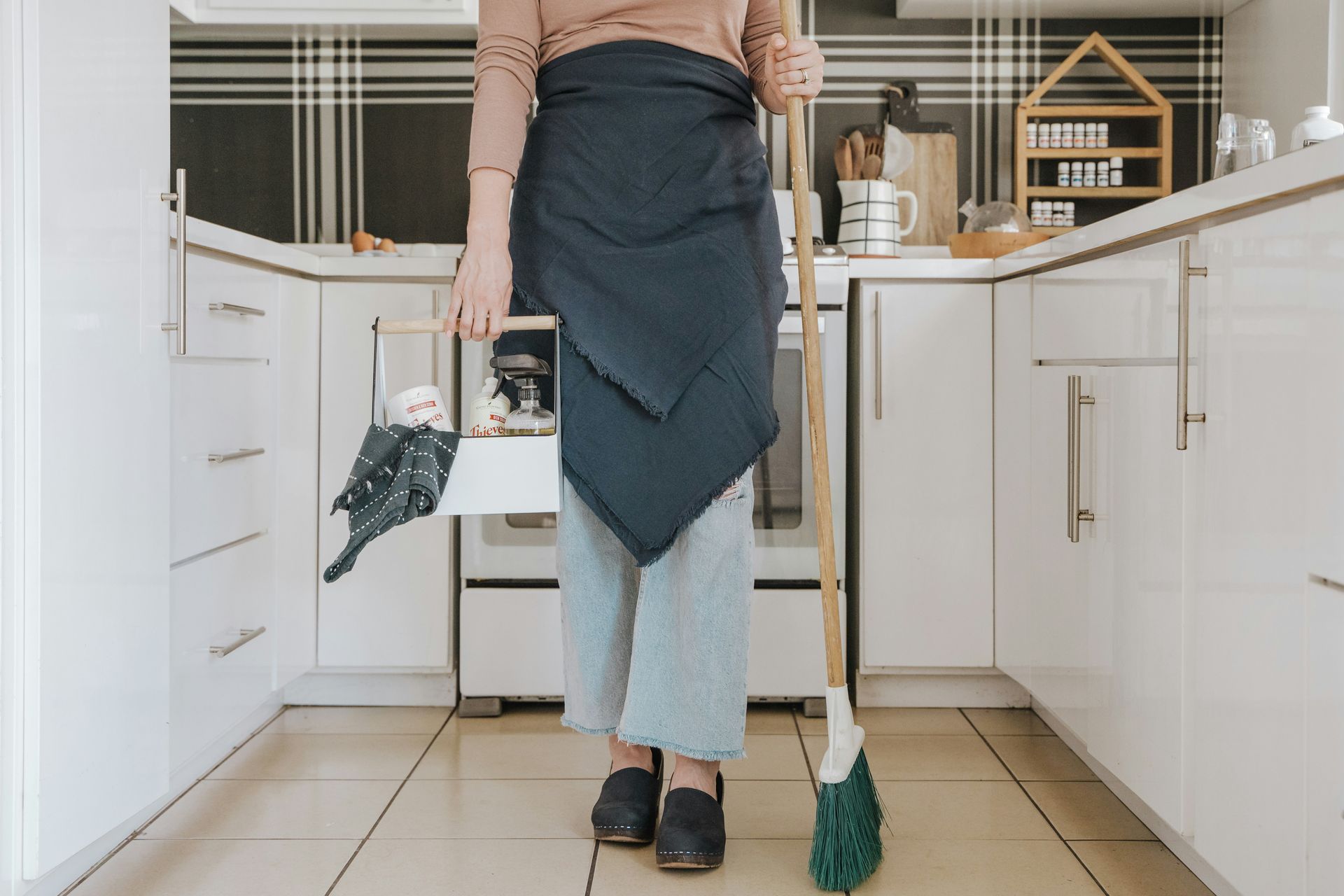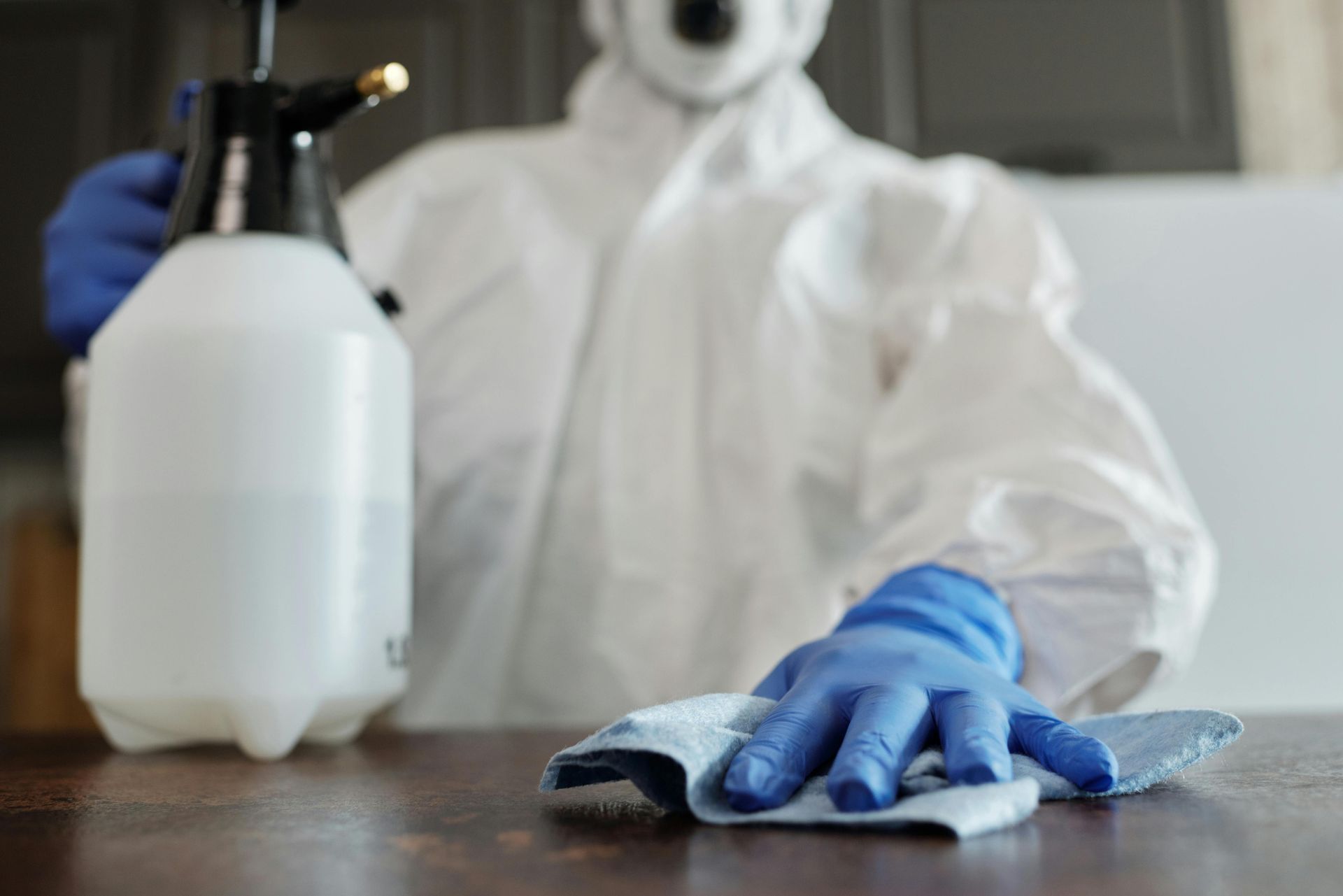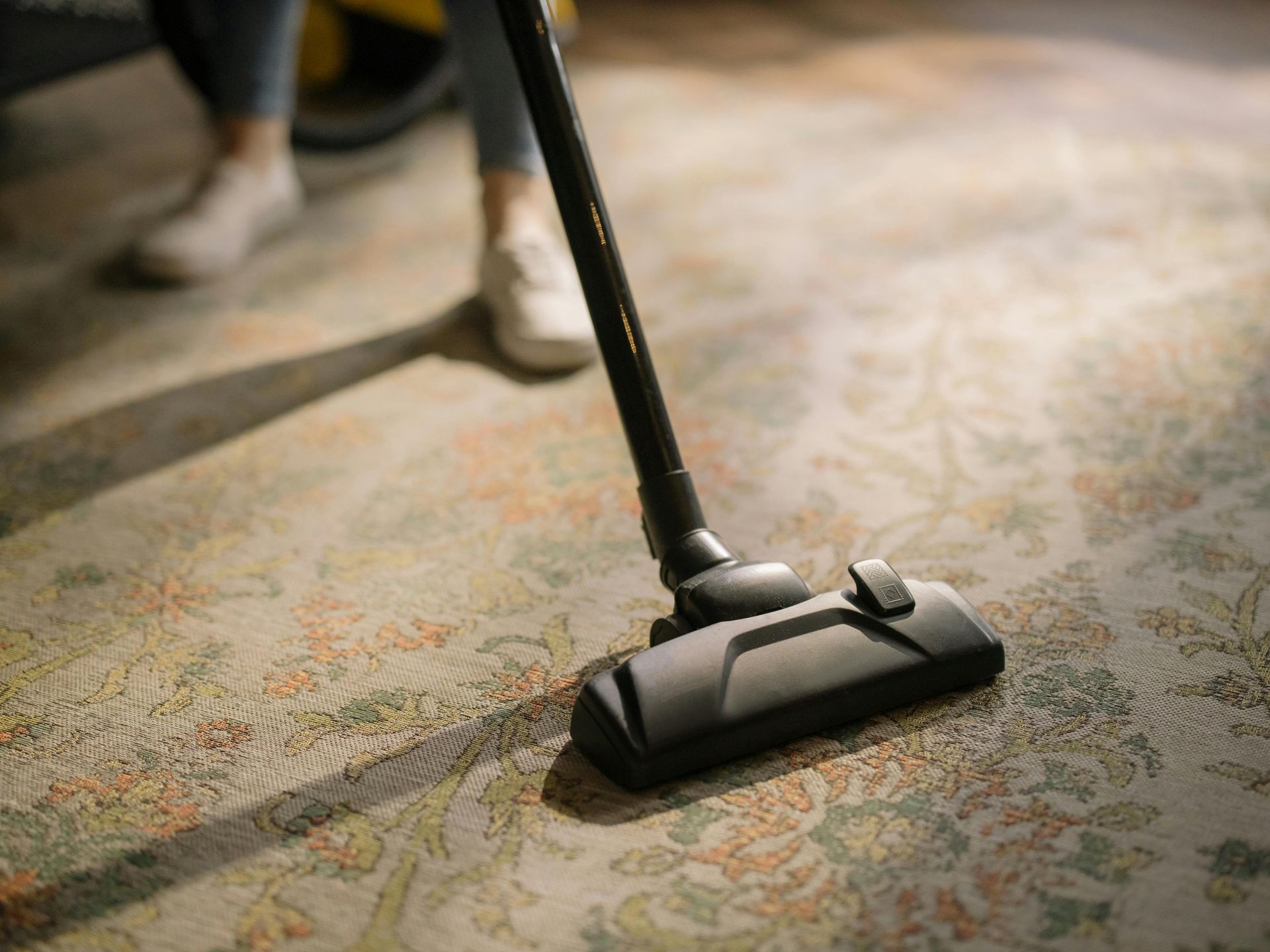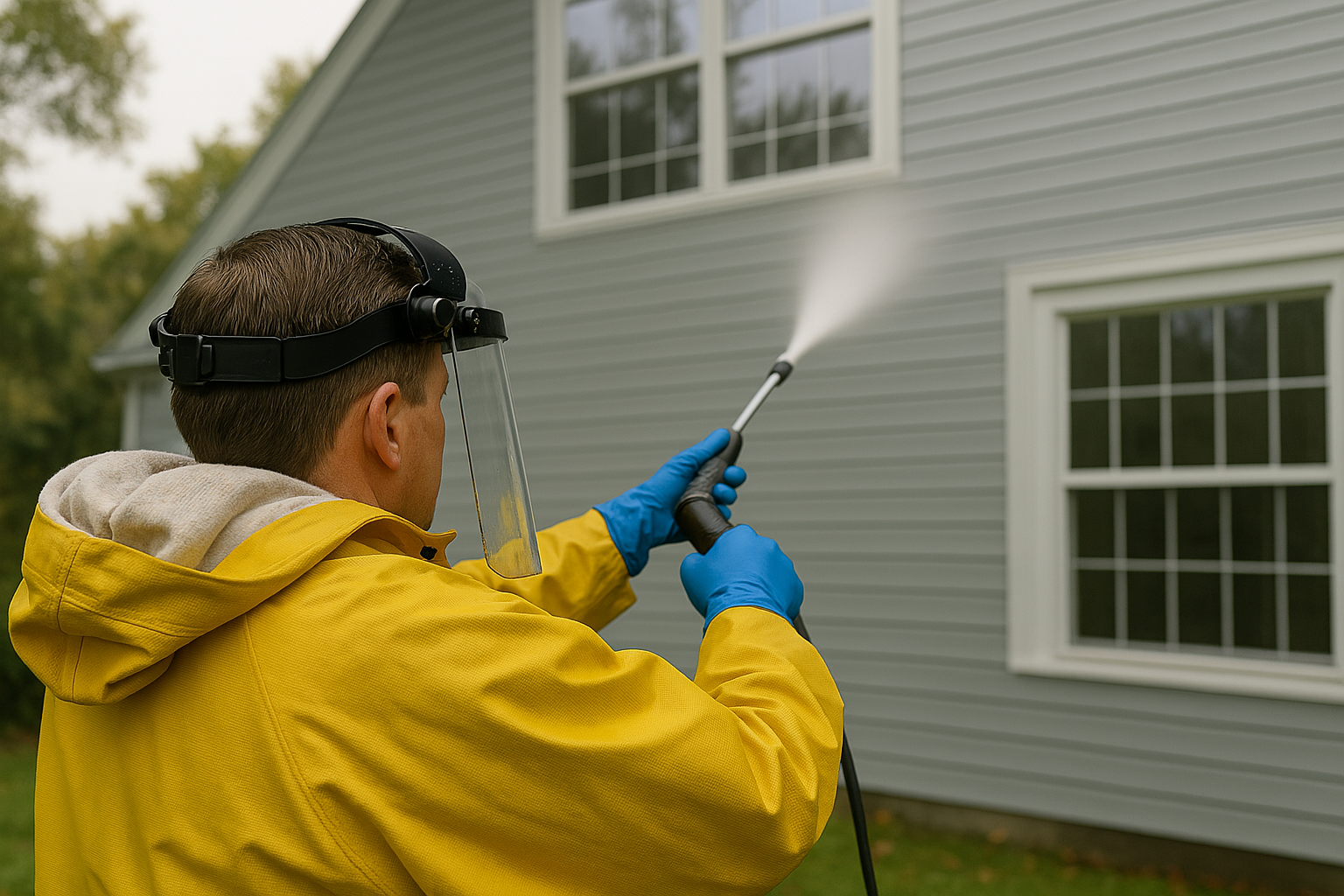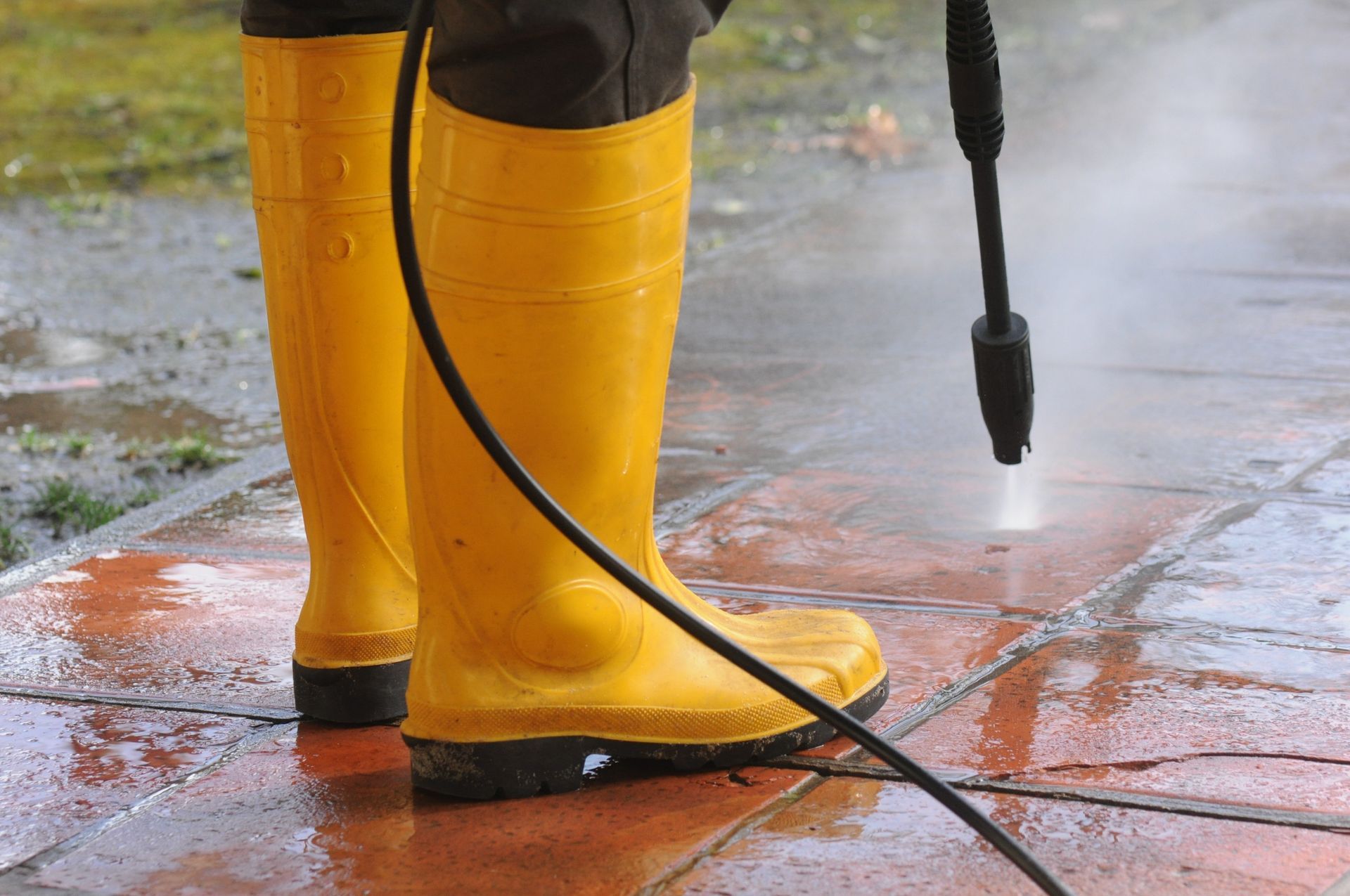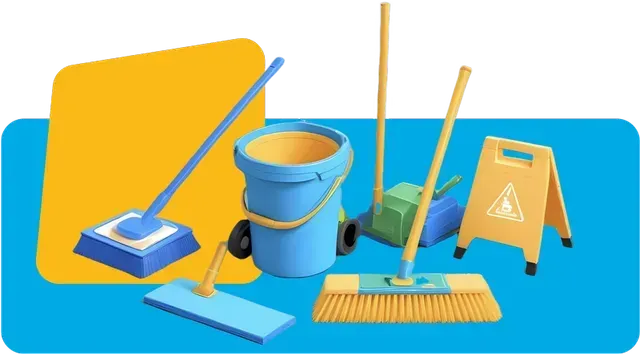How Keeping a Clean Home Helps Your Family Stay Healthy

Did you know that clutter in your home can raise your stress hormone levels?
Specifically, cortisol.
According to research done by Doylestown Health, cluttered and chaotic living spaces can negatively impact both your mental and physical health.
In today’s fast-paced world, many families struggle to maintain a clean home while having to deal with work, school, and other daily responsibilities, but what if I told you that keeping your home clean isn’t just about appearances; it’s one of the most powerful ways to protect your family’s health? In this article, we’ll explore how a clean home contributes to better physical health, supports mental and emotional well-being, and promotes safe and healthy living habits.
Backed by science and practical tips, this guide will help you understand the deep connection between home cleanliness and overall family hygiene.
So, let’s get started right away!
6 Finest Physical Health Benefits of Decluttering Your Space
Keeping your home clean not just makes it look good, but it also plays a powerful role in protecting your family’s health and well-being. From preventing illness to reducing stress and improving air quality, a clean environment can significantly enhance your family’s quality of life.
Here’s how you can keep your home clean to prevent potential harm to your physical and mental health.
1. Reducing Allergens & Respiratory Triggers
Dust, pet dander, pollen, and mold are common indoor allergens that can trigger asthma and breathing issues. So, regular cleaning, like vacuuming, dusting, and washing fabrics, may help remove these irritants and improve indoor air quality.
Moreover, keeping surfaces dry and clutter-free prevents mold growth and dust mite buildup, creating a healthier environment for the whole family.
2. Preventing Spread of Germs & Illness
A clean home helps stop the spread of harmful germs that can certainly cause colds, flu, or foodborne illnesses. It’s important to clean, sanitize, and disinfect your home. Each step is vital for a truly healthy home.
Keeping good hygiene in the kitchen is also crucial. It starts with clean counters, washed produce, and proper food storage to prevent bacteria like E. coli and Salmonella.
Staying on top of hygiene routines protects your family’s health every day.
3. Improving Indoor Air Quality & Safety
Removing dust, pet hair, and other airborne particles through regular cleaning can help improve indoor air quality, which makes it easier to breathe, especially for those with allergies or asthma.
Clear walkways and organized spaces lower the risk of falls, especially for children and older family members.
4. Reducing Stress & Anxiety

A cluttered home doesn’t just look messy; it can also make you feel mentally overwhelmed.
Studies have shown that clutter is linked to elevated cortisol levels—the stress hormone that affects your mood, energy, and even your immune system. When your surroundings are chaotic, your mind often feels the same.
On the other hand, if the house is clean and organized, it promotes emotional stability and a sense of control. This feeling of order helps reduce daily anxiety and builds emotional resilience, making it easier to handle life's challenges calmly.
5. Enhancing Focus, Productivity & Mood
As we all know that it is hard to focus in a messy environment.
Visual clutter competes for your brain’s attention, leading to distractions, frustration, and mental fatigue. So, by keeping your space tidy, you allow your mind to focus better.
Interestingly, the act of cleaning itself has mood-boosting effects. Physical activity, even light tasks like vacuuming or folding laundry, increases endorphin levels (chemicals in your brain that improve your mood and reduce stress).
6. Better Sleep & Healthy Habits
Your sleep environment matters more than you think. Clean, peaceful bedrooms help your brain wind down, leading to deeper, more restful sleep. Small cleaning routines, like changing sheets and clearing clutter, can lead to better and deeper sleep.
Plus, maintaining a clean home supports healthier routines overall. You’re more likely to cook nutritious meals in a clean kitchen, stick to a workout schedule, and feel motivated to care for yourself and your space.
Scientific Foundations & Modern Hygiene Concerns
Understanding the science behind hygiene helps you clean smarter, not harder.
By focusing on what truly matters, like high-touch surfaces and safe product use, you can protect your family’s health without over-sanitizing.
Here are a few simple, informed choices that turn everyday cleaning into a powerful part of your wellness routine:
Hygiene Basics & Public Health Evidence
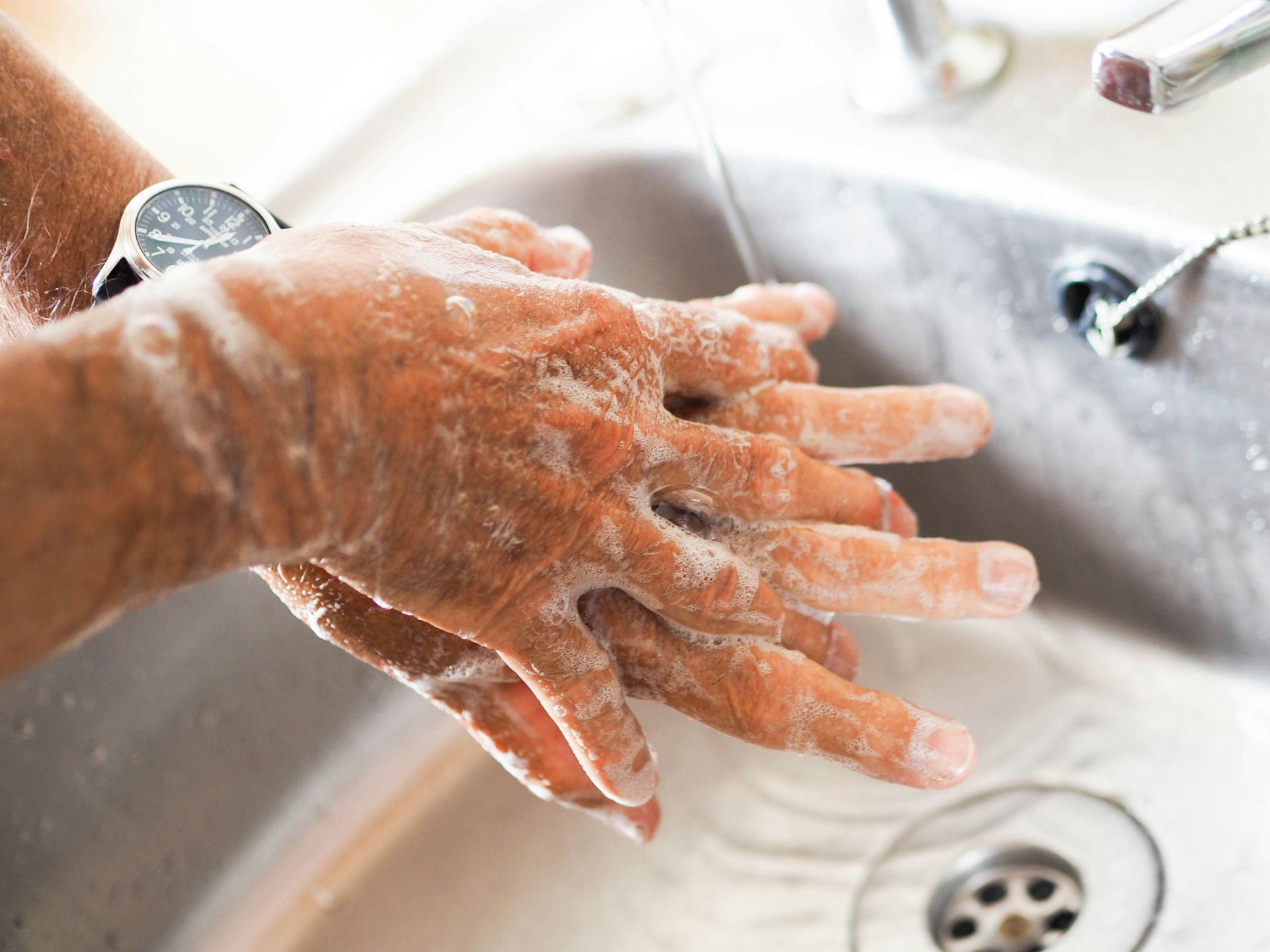
- Cleaning vs. Sanitizing vs. Disinfecting: Cleaning removes dirt, sanitizing lowers germ counts, and disinfecting kills pathogens.
- Soap and Hand Hygiene: Regular handwashing with soap breaks down germs and prevents transmission of colds, flu, and stomach bugs.
- Respiratory Hygiene: Covering coughs and sneezes, using tissues or an elbow crook, stops airborne droplets and protects everyone indoors.
Navigating the Hygiene Hypothesis
- Balanced Microbial Exposure: Early-life contact with everyday microbes helps build immunity, but over-sterilizing every surface can backfire, potentially weakening the immune system and increasing sensitivity to allergens and infections later in life.
- Targeted Hygiene: Focus cleaning and disinfection on high-risk areas (kitchen counters, bathroom fixtures, light switches) while allowing harmless outdoor dirt and pet exposure elsewhere.
Safe Use of Cleaning Products
- Avoid chemical hazards: Never mix bleach with ammonia or acids to prevent toxic fumes.
- Choose low‑VOC and eco-friendly formulas: These reduce indoor air pollution and long-term respiratory irritation, keeping your home both clean and safe.
Best Lifestyle Habits & Practical Tips
Building a healthy, clean home doesn’t require perfection; it just needs smart habits and consistency. Here are some simple, science-backed routines and strategies every family can follow:
Routine Cleaning & Smart Scheduling
- Use short power minutes throughout the day, even just 5 to 10 minutes of focused cleaning keeps mess from piling up.
- Habit stacking: Add small cleaning tasks to things you already do, like making your bed right after brushing your teeth or cleaning the kitchen right after dinner.
Decluttering & Storage Systems
- Assign a specific spot for every item in your home to make cleanup easier and prevent clutter from coming back.
- Step-by-step Method: Try a gradual approach to tidying. Tackle one small area at a time, like a single shelf or corner, and build momentum from there.
Family Involvement & Kid-Friendly Habits
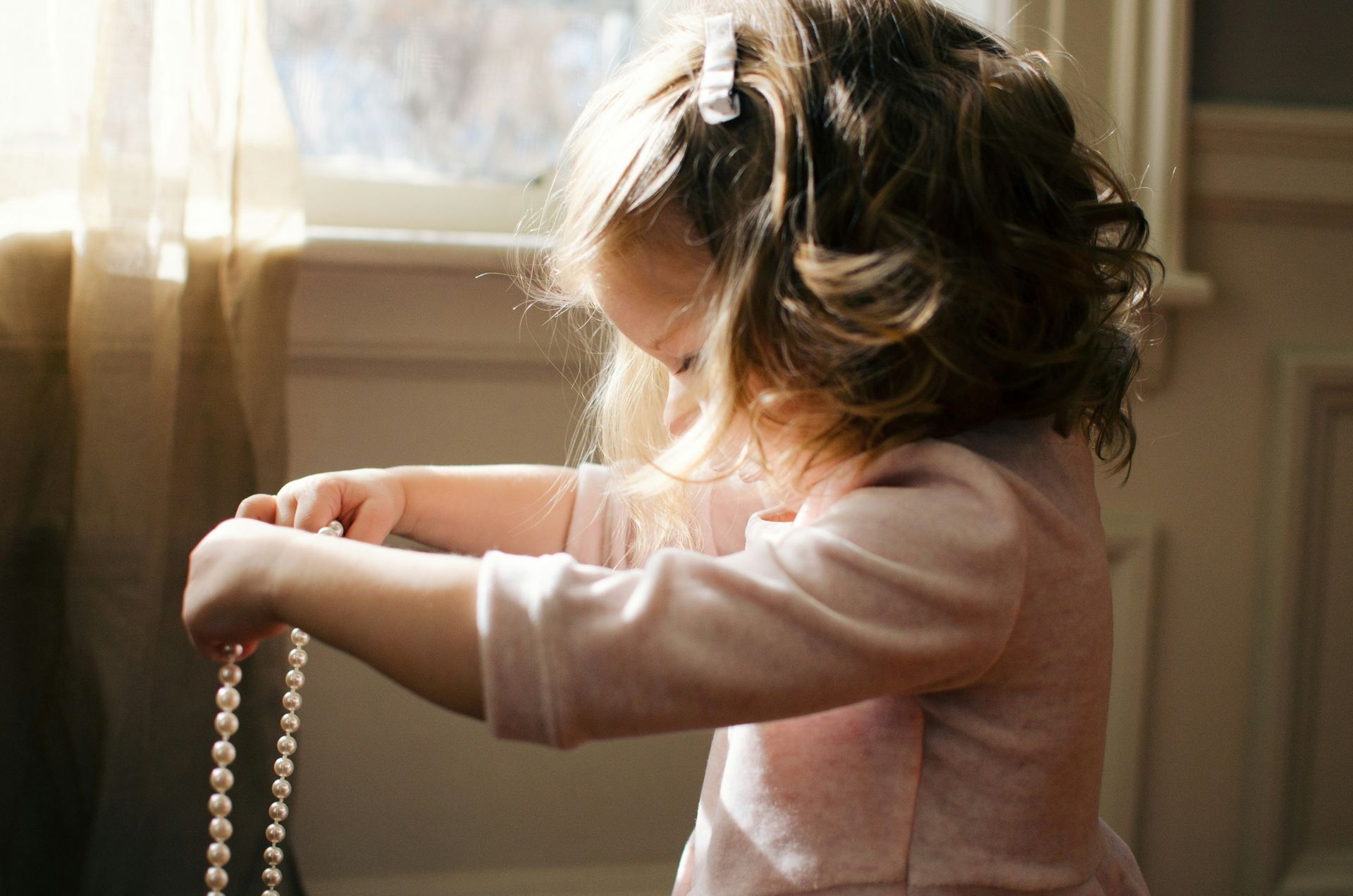
- Involve Kids Early: Teach handwashing routines and model clean habits from a very young age.
- Assign age-appropriate chores like putting toys away, wiping tables, or sweeping, to build responsibility and teamwork.
When to Sanitize or Disinfect
- After illness or high germ exposure, always clean first, then disinfect.
- Use safe, proven options like diluted bleach or disinfectant sprays following label instructions to protect your home without harming indoor air.
Conclusion
A clean home does more than shine–it protects your family's physical health, supports mental well-being, and strengthens daily habits that improve quality of life. From reducing allergens to boosting mood and sleep, cleanliness creates a healthier, happier environment for everyone.
Start small: pick three cleaning habits, get the whole family involved, and stay consistent. Over time, these simple routines will make a lasting impact.
If you found this helpful, share it with other parents or homeowners.
Thanks for reading!
